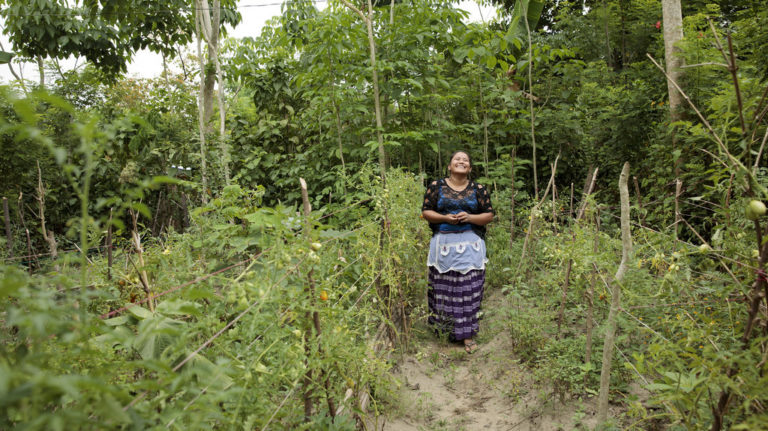In the field of agriculture where production is the major appeal, a lens from the indigenous perspectives provides opportunities to relieve the unprecedented environmental stress imposed by industrial agriculture. Rather than over-simplified food system, sustainability will be more reachable if native wisdom is applied in celebration of diversity.
In early October, the agendas of the Intergovernmental Panel on Climate Change (IPCC) concluded that drastic change was critical to prevent the earth from turning into a hostile place to live in. Food insecurity has been even more enhanced by the extreme weather conditions caused by global warming. As agriculture is one of the major driving forces accelerating climate change, how to practice it in a more sustainable and resilient manner has been the focus of many.
Agroecology, the application of environmentally and socially sound agriculture, thus comes into being. This October, agroecology was even recognized by the World Future Council as the annual theme for urgent topic that requires policy progress in the year 2018. The spotlight on agroecology reveals the importance of indigenous agricultural management and food sovereignty. Entailed in agroecology, the concepts of agroforestry, crop rotation, intercropping, and polyculture, just to name a few, are derived from the main components of indigenous agricultural practices. Such wisdom to live in harmony with nature has been realized and passed on over countless generations.
A commonly practiced example is the Three Sisters, which is a planting method originated from the aboriginals in Mexico. They have a long history in growing corn, squash, and bean together. The corn provides the support for the bean to grow and climb, the bean nutritionally benefits the others by fixing nitrogen in the soil, while the squash thrives on the ground and blocks the sunlight to prevent weeds from growing. The passage of such experience-based techniques and intricate balance benefits not only the native communities, but this sustainable implementation is also a way out from industrialized agriculture.
Food sovereignty, the core value in agroecology, stands importantly for indigenous groups to restore their own diets and food systems of spiritual and cultural values. Many figures have indicated higher exposure to dietary and chronic diseases in indigenous population. The broken connection with the land and the swap from traditional diet to shop-bought pre-prepared and processed foods attributes to this undesirable outcome.
To reestablish the wellbeing of the indigenous people, indigenous grassroots movements are calling to regain the right to their ancient land for farming, hunting, and foraging. Furthermore, they strive to be empowered in decisions on what to grow on the small-scaled yet highly biodiverse farms; and to retrieve the ancestral knowledge on tribal culinary skills, medicinal herbs, and rituals. In addition to agricultural practices, chefs at the world’s best restaurants, like Pujol run by Enrique Olvera and Orana managed by Jock Zonfrillo, are also incorporating indigenous culinary elements in their delicacies to revive and raise awareness of the indigenous food sovereignty.
The deep affection the natives have for nature is based on long relationship and has sustained them for generations. The society surely has so much more to humbly learn from these guardians of nature, in order to look after the environment, animals and people for generations to come.
“If you, too, can come to love this land as our ancestors did, all the problems of the world will fall away like autumn leaves in the wind.” – Tony Ten Fingers / Wanbli Nata’u / Oglala Lakota

